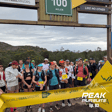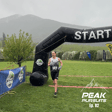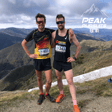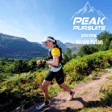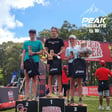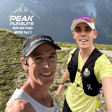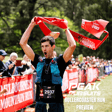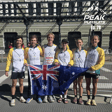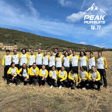
Episode 35: Sustainable Training and Learnings From the Year with Juliette Soule!
Welcome to Episode 35 of Peak Pursuits, your ultimate podcast for everything trail running in Australia. This week’s episode is hosted by Jess Jason, Brodie Nankervis, and guest host Juliette Soule fresh off her second place at UTK 100km! Get to know Juliette and hear her race recap before diving into all the usual segments and results.
Start - 45:40 :- Meet Juliette Soule
Get to know Juliette Soule, a gun trail runner for Asics who recently placed second at UTK 100km. Listen in for everything from her journey to date, how she prepared for UTK and a deep dive into race day itself.
45:40 - 1:05:30 :- Training Talk and Lessons From the Year
Hear from Jess and Brodie as they recap their weeks and the crew discuss their biggest learnings from the year.
1:05:30 - 1:18:15 :- Race Results and What’s Coming Up
We then cover a few Aussie and international races that went down over the weekend:
UTMB Chang Mai: https://live.utmb.world/chiangmai/2024/100K
Sydney Trail Half Marathon: Saturday https://my.raceresult.com/320096/
Sunday https://my.raceresult.com/320214/
Afterglow Twilight Trail Run: https://tomatotiming.racetecresults.com/results.aspx?CId=16&RId=29741
1:18:15 - End : What’s coming up
Hear the races that are coming up next weekend before we wrap up the episode!
Thanks for tuning in to Peak Pursuits! Connect with us on Instagram @peakpursuits.pod to share your thoughts, questions, and your own trail stories. Until next time, keep hitting the trails and chasing those peak pursuits!
Jess: @jessjason
Brodie: @brodienank
Juliette: @juliettesoule
Music from #Uppbeat (free for Creators!):https://uppbeat.io/t/mood-maze/trendsetter
License code: K08PMQ3RATCE215R

